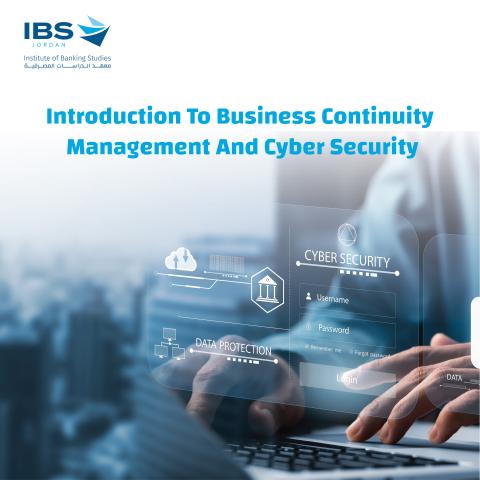
By the end of this training course, trainees will be able to :
- Explain why business continuity management and cyber security risk management is necessary.
- Identify fundamental BCM principles and concepts.
- Describe and understand the link and relationship between risk and BCM in order to build organizational resilience.
- Interpret the BCM lifecycle.
- Identify international best practice and standards related to BCM and cyber security risk.
- Identify fundamental cyber security risk management principles.
- Outline key role players for BCM and cyber security risk management and their responsibilities.
- Professionals working in:
- Risk .
- Regulatory compliance.
- Audit.
- Operations.
- BCM .
- Cyber Security and IT.
The purpose of this training will be to provide guidance in alignment with international best practice and standards in relation to Business Continuity Management and Cyber Security Risk.
- Business continuity management :
- Basic definitions .
- Why BCM is critical .
- Overview of the basel principles for business continuity and other international and Local standards.
- BCM components :
- Business impact analyses.
- Recovery strategies .
- Business continuity plans.
- Testing programs.
- Training and awareness programs.
- Communication and crisis management programs.
- Compliance monitoring & auditing.
- Roles and responsibilities.
- Crisis management.
- Cyber security management :
- Definition.
- Governance :
- Cyber-security strategy.
- IT risk management .
- Controls:
- Methods for supervising cyber-resilience
- Information security controls testing and independent assurance
- Response and recovery testing and exercising
- Cyber-security and resilience metrics.
- Case study: roles and responsibilities of chief information security officers (CISOs) in cyber-governance.
